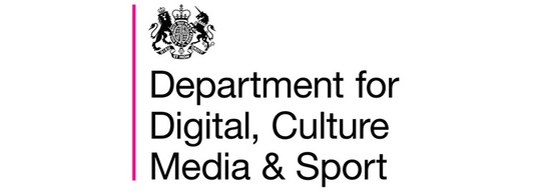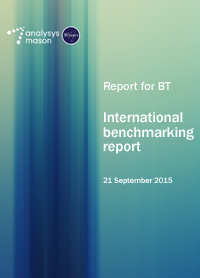Ofcom’s 2021 Media Nations report
Adults in the UK spent a third of their time watching TV and online video, according to Ofcom’s annual study of the nation’s media habits. The pandemic caused an acceleration in existing viewing trends as people spent more time watching on-demand services. (more…)









